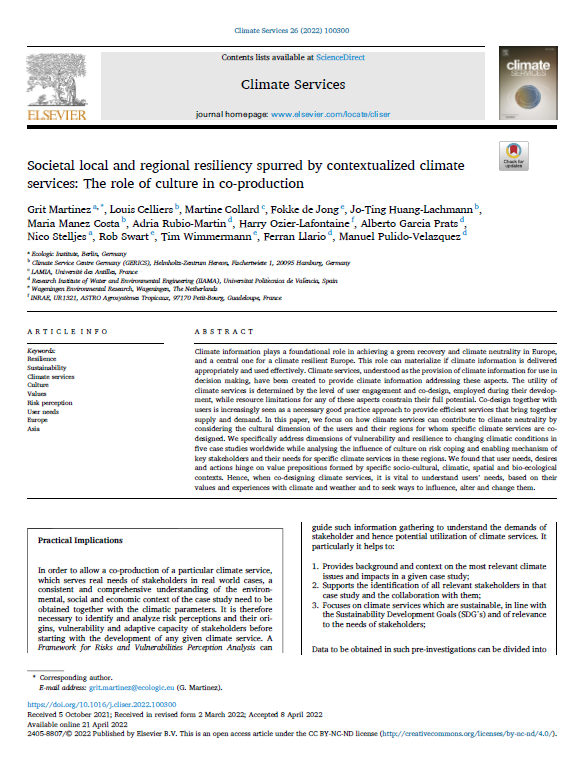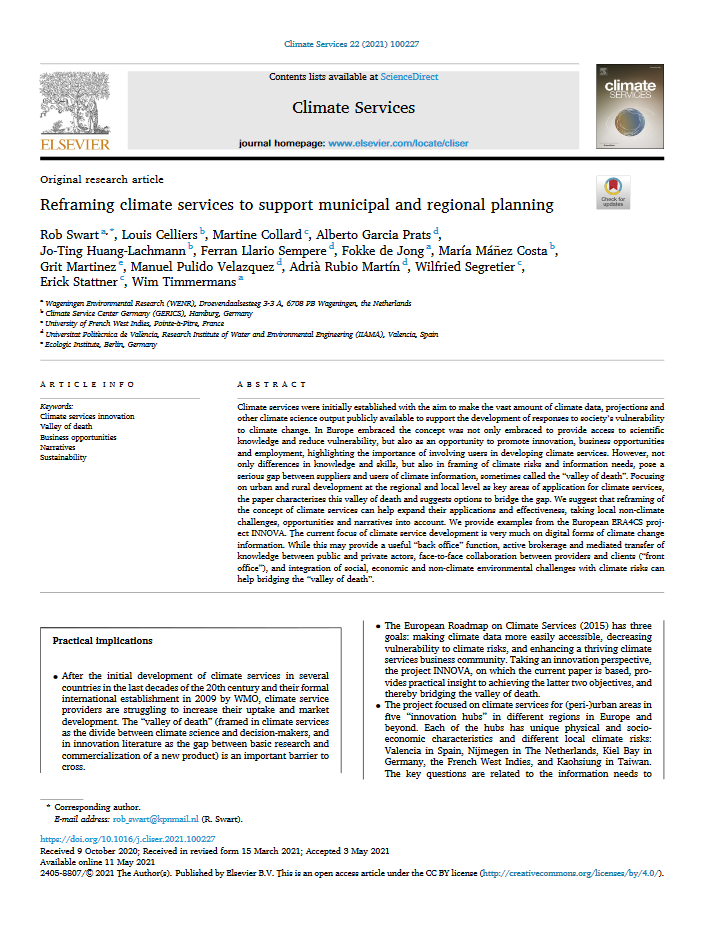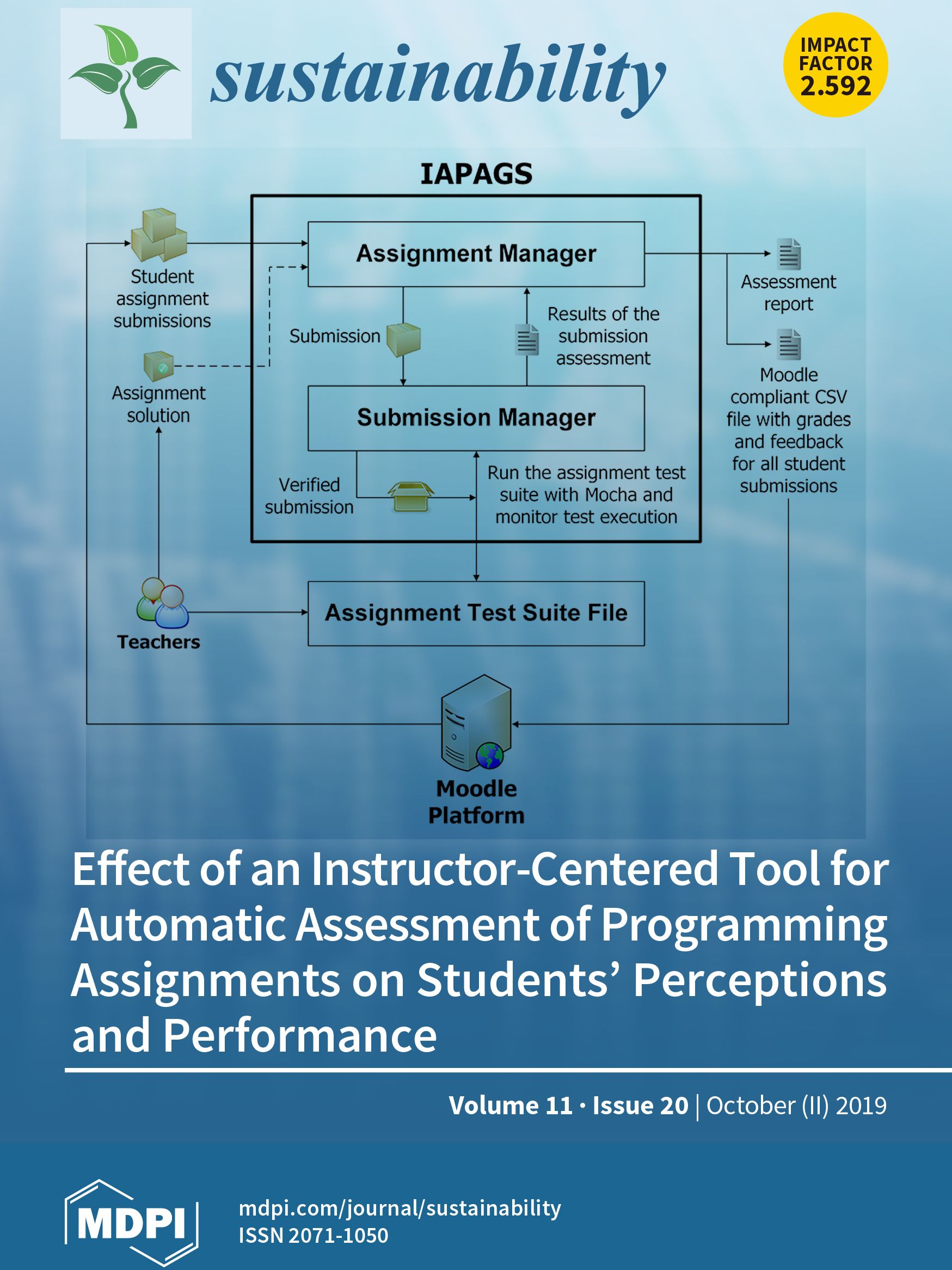© Ecologic Institute, 2025
Coastal Resilience in Action: Aligning Regional Priorities, Technical Tools, and Financing
- Presentation
- Date
-
- Location
- Nice, France
- Panel discussion
For five days, experts from politics, science and environmental organisations discussed more protection for the oceans at the 3rd UN Ocean Conference in Nice: Climate change, overfishing and pollution are threatening marine biodiversity worldwide. Europeans were strongly represented, as were countries from the Global South, as well as important G20 countries such as Australia, India, Brazil and China. Dr Grit Martinez took part in the UN Ocean Conference on behalf of Ecologic Institute's Coastal and Marine Research Division. At the conference, a sincere commitment to the protection and sustainable use of the oceans was evident.
Within the first two days of the conference, the number of countries that have signed the Agreement on Biodiversity beyond National Jurisdictions (BBNJ) has doubled. There are now 51 signatories, which means that only 9 signatures are still missing for the agreement to enter into force and for binding protected areas to be established in international waters for the first time ever. However, it is highly likely that the remaining ratifications will be completed by the UN General Assembly in September 2025. With the help of the agreement, 30 % of the high seas should be placed under protection by 2030.
The controversial debate about possible industrial deep-sea mining was a second major topic at the UN Ocean Conference. As the seabed is home to a largely unknown diversity of species that are the common heritage of mankind, it must be protected. 37 states, including Germany, have spoken out in favour of a 'precautionary pause' with regard to environmentally harmful deep-sea mining and called on other states to comply with internationally applicable law.
In view of the flood of plastic in the oceans, almost 100 countries have called for a global plastics agreement. For the next round of talks of the Intergovernmental Negotiating Committee in Geneva in August 2025, there are hopes of adopting an internationally legally binding instrument to combat plastic pollution, including for the marine environment.
In addition, although the Marine Conference addressed the concerns and needs regarding the contribution of the oceans to food security and the income of people working in small-scale fisheries, the final declarations lack perspectives on overcoming the effects of climate change on nutrition in the Global South as well as concrete steps to curb illegal fishing.
Dr. Grit Martinez had the pleasure of speaking at the side event "Enhancing coastal resilience for a thriving Blue Economy" at the UN Ocean Conference. At the panel "Coastal Resilience in Action: Aligning Regional Priorities, Technical Tools, and Financing" she underlined that building coastal resilience is not just a technical or financial challenge – it's a deeply social one. From the perspective of Ecologic Institute's numerous projects on stakeholder engagement, Dr. Martinez highlighted the most effective approaches in ensuring that local voices shape coastal resilience efforts. She also outlined how this kind of engagement strengthens the design and uptake of financing mechanisms and marine planning tools.







